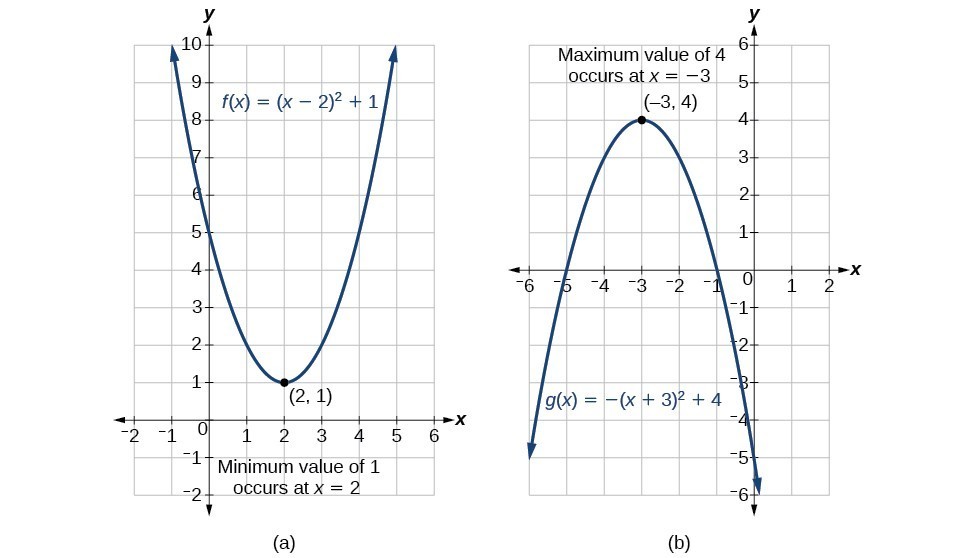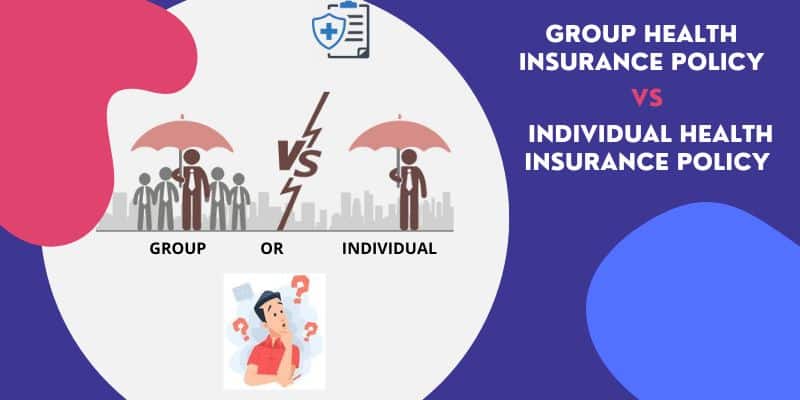
What is a premium tax credit (PTC)?
The Premium Tax credit is a federally funded initiative that helps reduce the cost of premiums for insurance purchased through the Health Insurance Marketplace. It is available to families and individuals with incomes below the federal poverty level who meet other eligibility criteria.
How does it work exactly?
When you apply to the Marketplace for health insurance, you must estimate your family income in order for your insurer to determine the amount of premium tax credits you will receive. This credit is then transferred directly to the insurance company and lowers your monthly premium costs.
When you purchase your policy, your insurer may send you "Health Insurance Marketplace Statements" (also known as a 1095A) if you qualify for a tax credit. This form reports your premium tax credit amount to the IRS.
Your premium credit is based off your estimated household revenue and the size your tax family. (You, your spouse or dependents if you filed jointly with your spouse) If your income changes during the year, or if your tax family size changes, then your premium tax credit will change.

What happens if you end up with more income than you expected?
You may have to return part or all your premium tax credits if you increase your income during the year. The maximum amount that you can pay back is capped at 400 percent of your household's income. This is often referred to as the "clawback."
How does it work when your income changes?
Marketplace should be notified of any change in your income as quickly as possible. This will prevent you from having to repay any excess tax credit.
The amount that you will have to repay depends on whether your income is over the poverty line or not. Instructions for Form 8962 are available. This form is used to submit information about claiming a credit against the cost of health insurance purchased through the Health Insurance Marketplace.
What is Form No. 8962
The amount of the advance premium credit you received in 2021 will be reported on your tax return. The amount you have to pay back will depend on the results of the reconciliation of the advance premium tax credit that you received during 2021 with your actual premium credit for that year.
You can reconcile your advance premium tax credits received for 2021 using Form 8962. You'll find this form on your state's website or at the IRS website.

IRS requires that you also report the results from the reconciliation of any advance premium credits you received for 2021. You will find this information on line 29 of Part III on your federal tax return for 2021.
There are exceptions to the rule. For example, if your household's income is over 138% of the federal poverty level and you live in a state which has not expanded Medicaid under the ACA. Or if unemployment compensation was paid for any week in 2021. These exceptions, however, only apply to income you reported for your taxes in 2021.